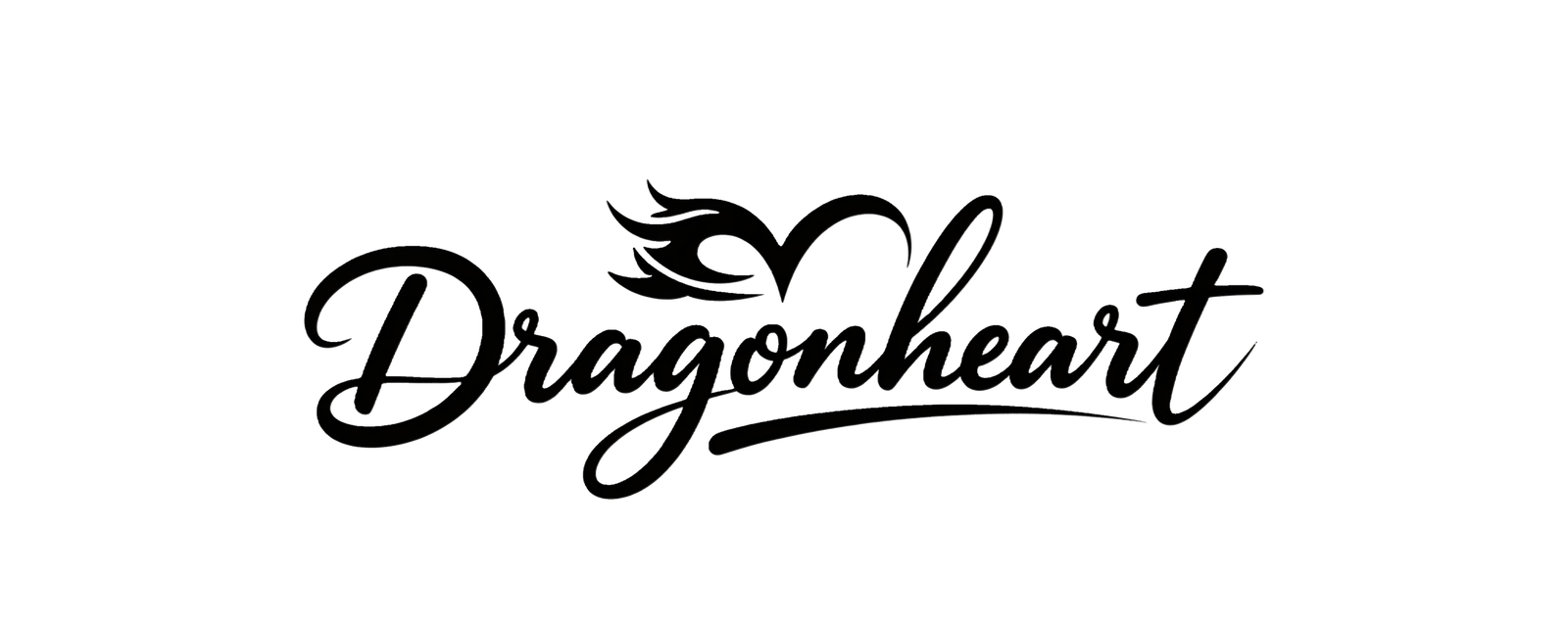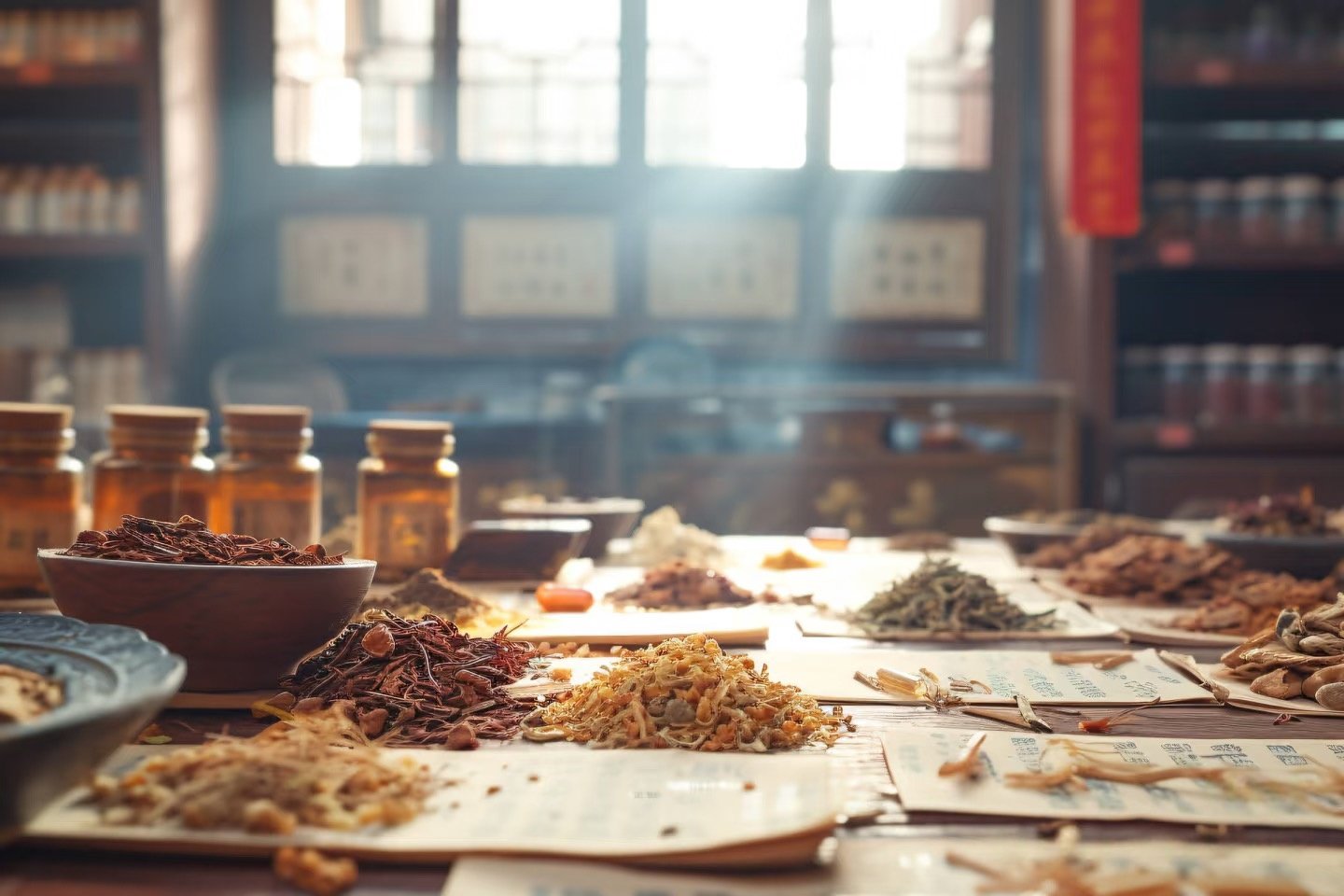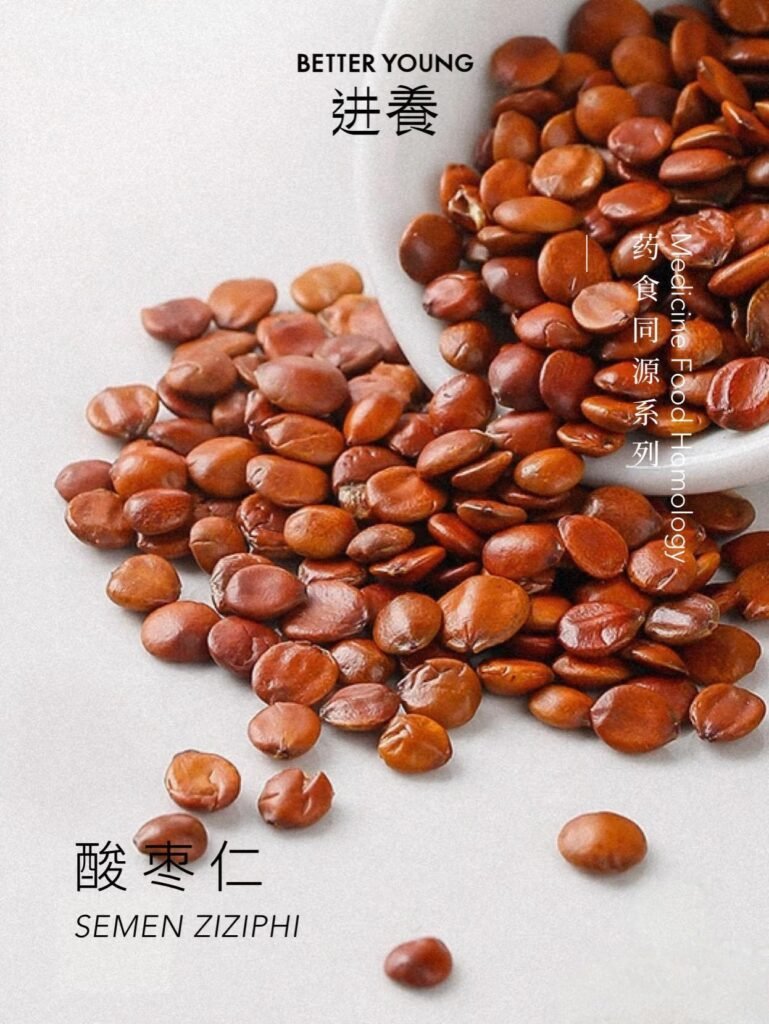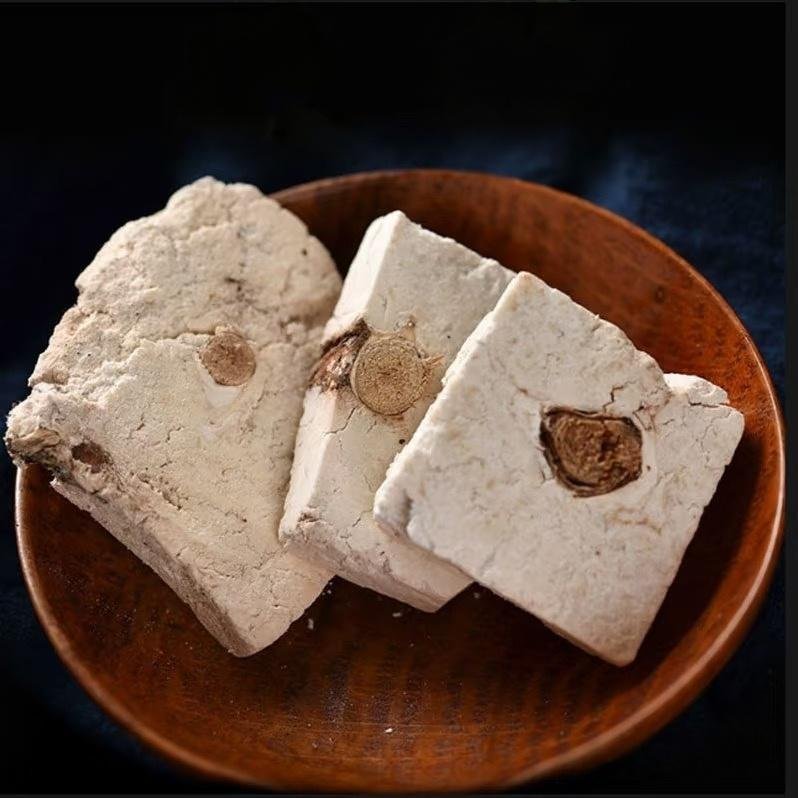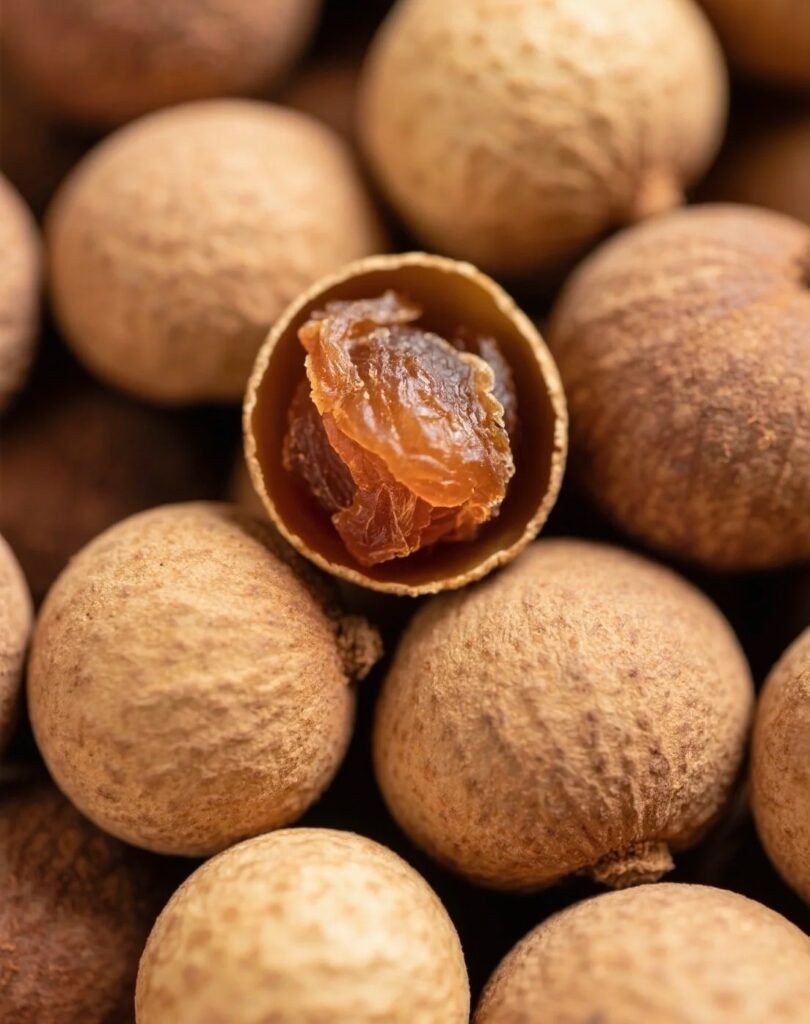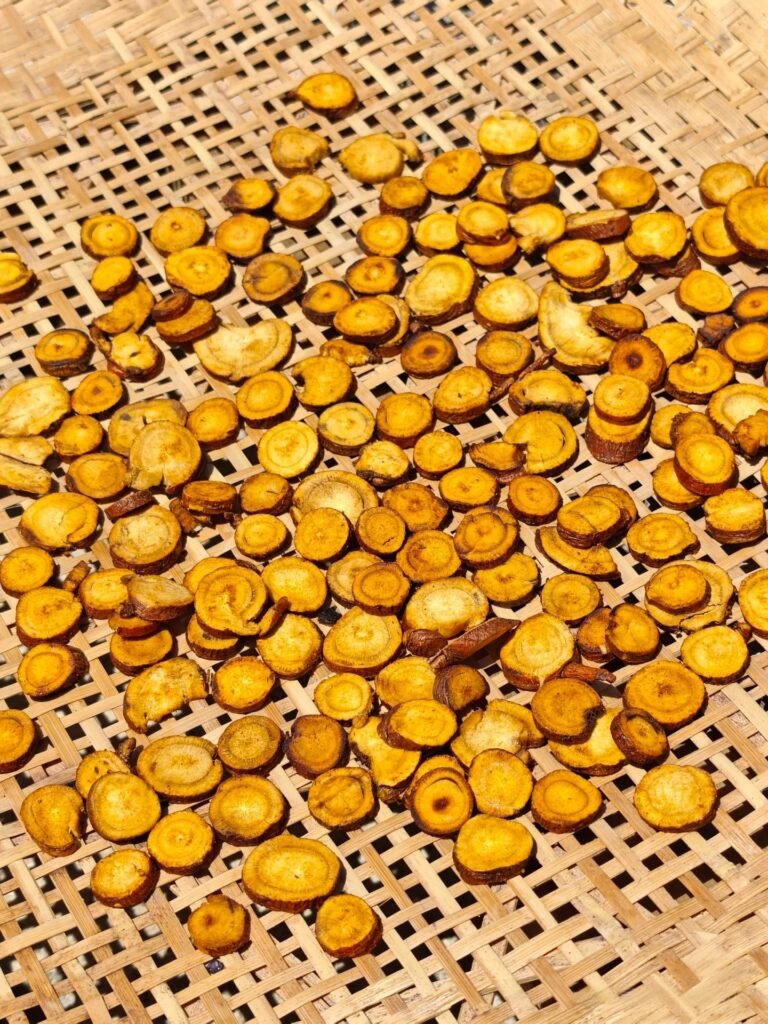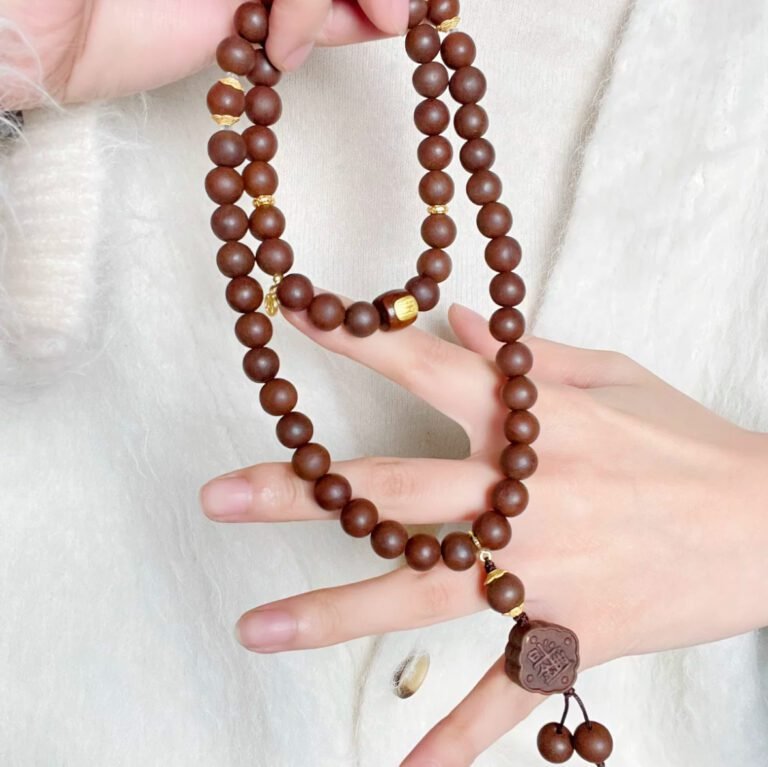Top 5 Chinese Herbs for Stress Relief
Ancient calm in a chaotic world.
“I’m fine.”
That’s what we say. But our bodies say something else:
Tight chest. Shallow breath. Racing thoughts. Wired but tired.
Stress isn’t just a mood. It’s physiological. It lives in our sleep, our gut, and our immune system. And while Western medicine offers sleeping pills and anti-anxiety meds, more and more people are asking a different question:
What if instead of shutting symptoms down, we gently worked with the body to restore its rhythm?
That’s where Traditional Chinese Medicine (TCM) comes in.
Chinese herbs don’t sedate you. They support you—gently, adaptively, based on where your stress lives in the body.
Here are five of the most trusted Chinese herbs for calming the mind, nourishing the heart, and helping your system remember how to rest.
🌿 1. Suan Zao Ren (Sour Jujube Seed)
Best for: racing mind, restless sleep, emotional overdrive
Suan Zao Ren is like a lullaby in herbal form. It’s one of the most common ingredients in Chinese formulas for insomnia and anxiety, especially for people who feel depleted but overstimulated.
It nourishes Heart and Liver Yin, which in Western terms translates to: it helps your nervous system cool down and regulate.
- 🌙 Often used in: Suan Zao Ren Tang (classic sleep formula)
- 🛌 Feels like: a weighted blanket for your nervous system
- 🧪 Modern view: contains jujuboside A, shown to modulate GABA receptors and promote sleep
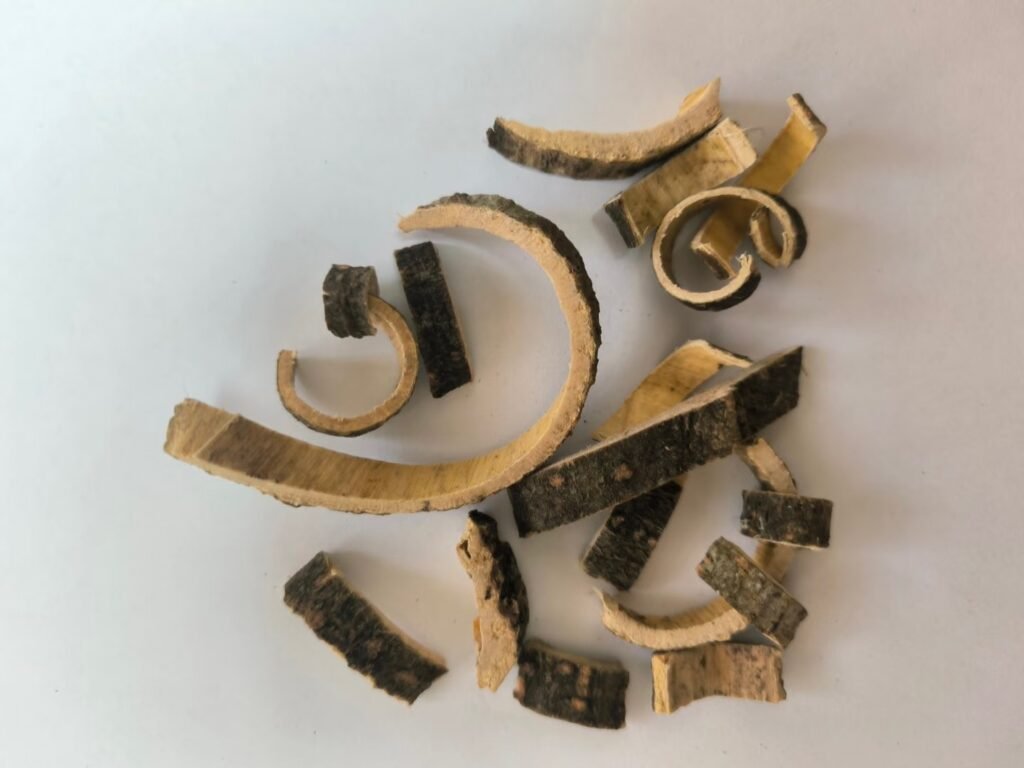
🌸 2. He Huan Pi (Silk Tree Bark)
Best for: emotional tension, irritability, heartbreak
Known as the “herb of collective joy,” He Huan Pi has long been used to lift sadness, dissolve frustration, and help people feel emotionally resilient.
TCM says it “relieves constraint” in the Liver—aka the organ tied to stress, mood swings, and repressed emotions.
- 🌤 Used in grief and trauma recovery formulas
- 🍃 Can be blended as a tea or powder
- 🧠 Often paired with Bai He or Fu Shen for nervous exhaustion
🍄 3. Fu Shen (Spirit Poria / Poria with Root)
Best for: “tired but wired,” overthinking, heart palpitations
Fu Shen is a special part of a medicinal mushroom called Poria, but specifically, the bit that grows around the pine root. It’s valued not just for its calming effect, but for anchoring scattered thoughts.
Think of it as a grounding herb. When you feel like you’ve been floating, multitasking, spiraling, Fu Shen gently pulls you back.
- ☁️ Used in: Gui Pi Tang and many “calm Shen” formulas
- 💤 Gentle enough for long-term use
- 🧠 Often recommended for students, caregivers, and high-strung professionals
🍑 4. Long Yan Rou (Longan Fruit)
Best for: fatigue with anxiety, postpartum depletion, dream disturbance
Sweet, nourishing, and deeply restoring—Long Yan Rou is not just food, it’s medicine.
In TCM, it builds blood and Heart Qi. That means it’s ideal for those who feel fragile inside—shaky hands, emotional sensitivity, and brain fog. It’s often used for women recovering from childbirth or burnout.
- 🍵 Can be brewed alone or added to tonics
- 🌸 Pairs beautifully with Dang Gui, Huang Qi, or Bai Zi Ren
- ❤️ Rebuilds the heart from the inside
🔥 5. Zhi Gan Cao (Honey-Fried Licorice Root)
Best for: emotional exhaustion, low energy, adrenal depletion
More than a sweetener, Zhi Gan Cao harmonizes formulas and softens tension throughout the body. It strengthens the Spleen (your digestion and central energy hub), calms the Heart, and moistens the Lungs.
Think of it as the team player—supporting other herbs, stabilizing energy, and gently nurturing frazzled systems.
- 🌿 In nearly every classical formula for fatigue + anxiety
- ⚖️ Helps regulate cortisol response
- 🍯 Honey-frying enhances its tonifying properties and taste
🔄 So… do they all just “relax” you?
No. That’s the point.
TCM doesn’t treat “stress” as one thing. It asks:
- Where is the tension?
- What systems are depleted?
- How do we restore rhythm, not just remove symptoms?
These herbs don’t override your stress. They meet it, nourish the systems that hold it, and help your body remember how to regulate again.
🫖 How to start?
- ✅ Find a licensed TCM practitioner to help you customize your formula
- 🫖 Try a simple herbal tea blend with 2–3 of these herbs
- 📅 Use them consistently—TCM is slow medicine, not a silver bullet
- ❤️ Pair with rituals: foot soaks, journaling, early nights
And most importantly: listen. Chinese medicine teaches us that the body isn’t broken—it’s just asking for support in a language we forgot how to hear.
